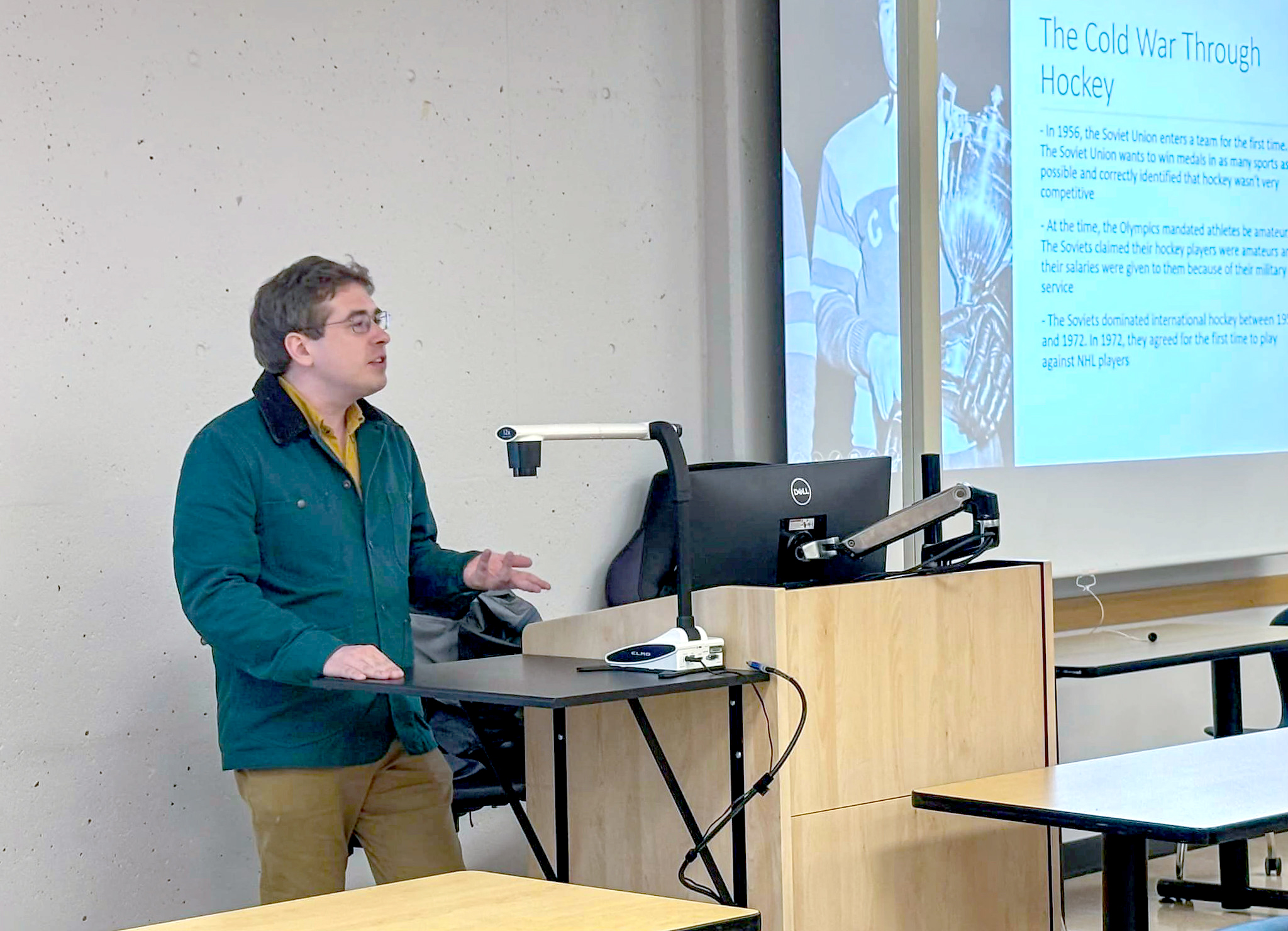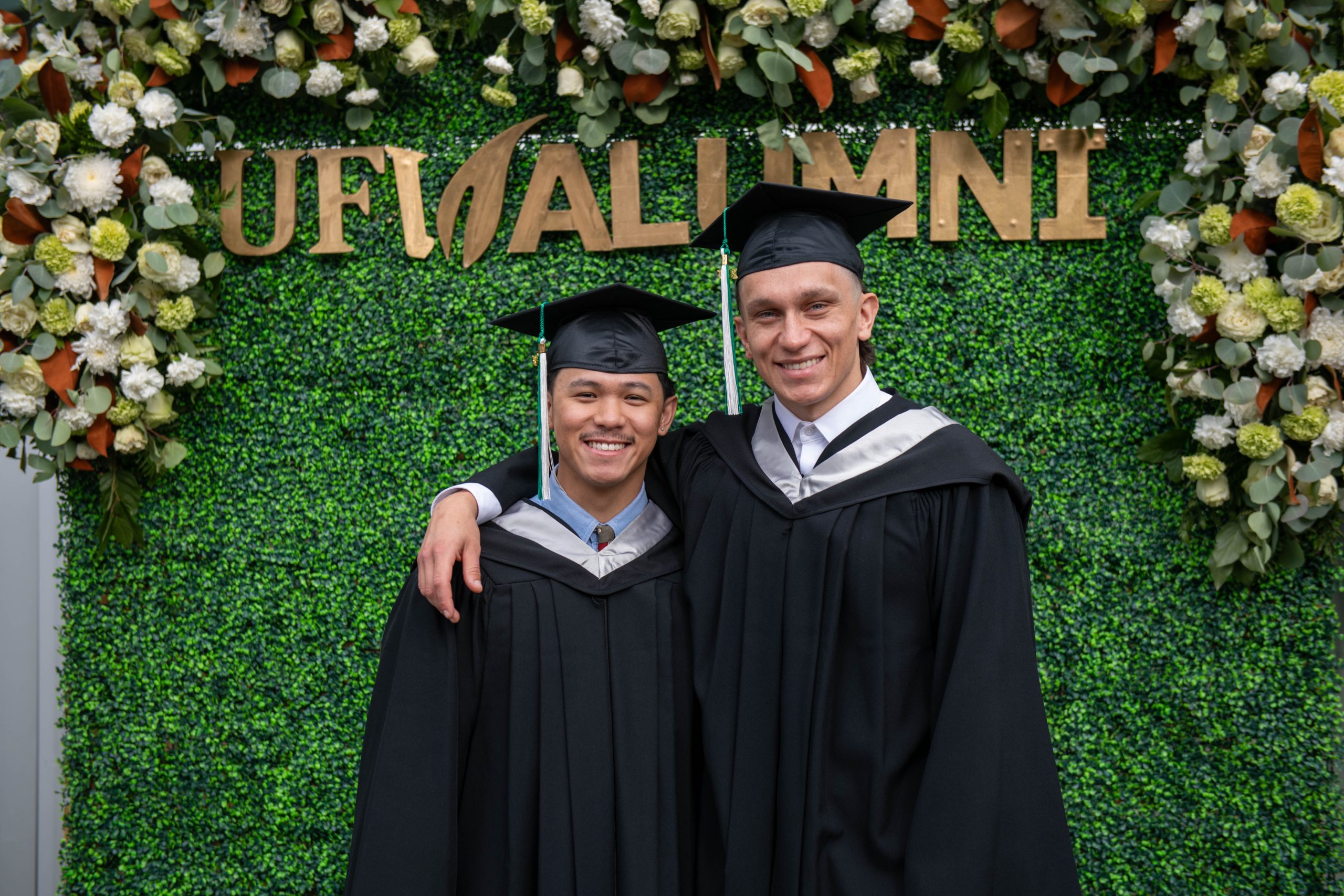Dr. Satwinder Bains receives Award of Appreciation
Across our institution, UFV faculty members lead the way in creating change, and Dr. Satwinder Bains is well known as an advocate for progressive causes. Satwinder, director of the South Asian Studies Institute, was recently honoured by the Chetna Association of Canada for her work to end oppression based on caste in BC and across Canada.
The association is founded on the principles of Dr. Bhimrao Ramji Ambedkar, a political leader and social reformer known as the father of the Indian Constitution. He believed that caste — a 3,000-year-old social hierarchy of classes — was a violation of human rights that led to large-scale discrimination. He fought to abolish it and left behind a legacy of advocacy and activism upon his passing in 1956.
The influence of caste is still felt today, beyond its origin in India, affecting career opportunities and personal relationships among the South Asian diaspora in Canada.
“My work has really been about using my privilege to effect change,” Satwinder says. To that end, she’s spent the last decade creating spaces for dialogue about caste as a diasporic social ill: at SASI, in her classrooms, in her personal and professional life, in the community, and at UFV events.
One such event was her Equality Day symposium, held in the Abbotsford campus library with the partnership of the Ambedkarite International Coordination Society as well as the Chetna Association. Twenty of Dr. Ambedkar’s books were donated by the Society to the library to further students’ education around caste. For Satwinder, there’s no better place for anti-oppression work.
“Ambedkar wanted to undo caste through higher learning,” she explains. “So, the library, to us, is the key space — using the library as a tool, as a place of investigation and critical thinking. The library brings together a confluence of ideas as well as a confluence of people, of all students and faculty, and others who walk through the library. We wanted a public place that could honour his legacy, his forward thinking, and his ideas that still have so much resonance for us.”
The event gathered speakers who shared poetry, art, and their experiences of caste discrimination. A portrait of Dr. Ambedkar by BC artist Raghavendra Rao Karkala Vasudevaiah was displayed. It can be viewed on the main floor of the library near the study rooms.
Satwinder and the Chetna Association’s anti-caste advocacy has far-reaching implications for social justice. Until the Human Rights Commission was reinstated by the British Columbian government in 2019, caste had never really been considered as a category of discrimination. Now lawyers and judges across the country have legal precedent to rely on in their court cases, leading to victories for victims of caste prejudice.
Satwinder sees this appreciation award as only one small part of a larger battle for equality.
“I’m very honoured that they would appreciate me, but I’m only one very insignificant and small person in the big scheme of things,” she says. “If all of us do a little bit, then you can see the greater good. The next generations will perhaps look at caste through different eyes and see it as a structure to be dismantled, not to be maintained.”





